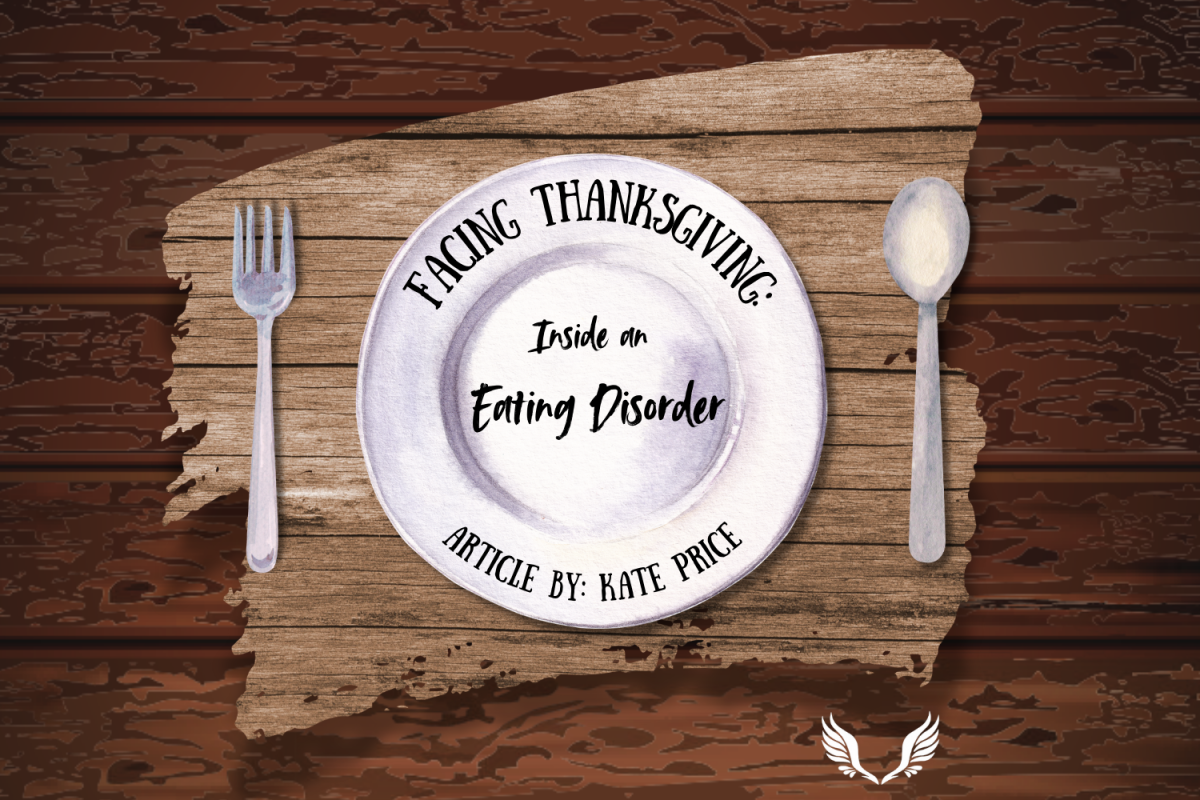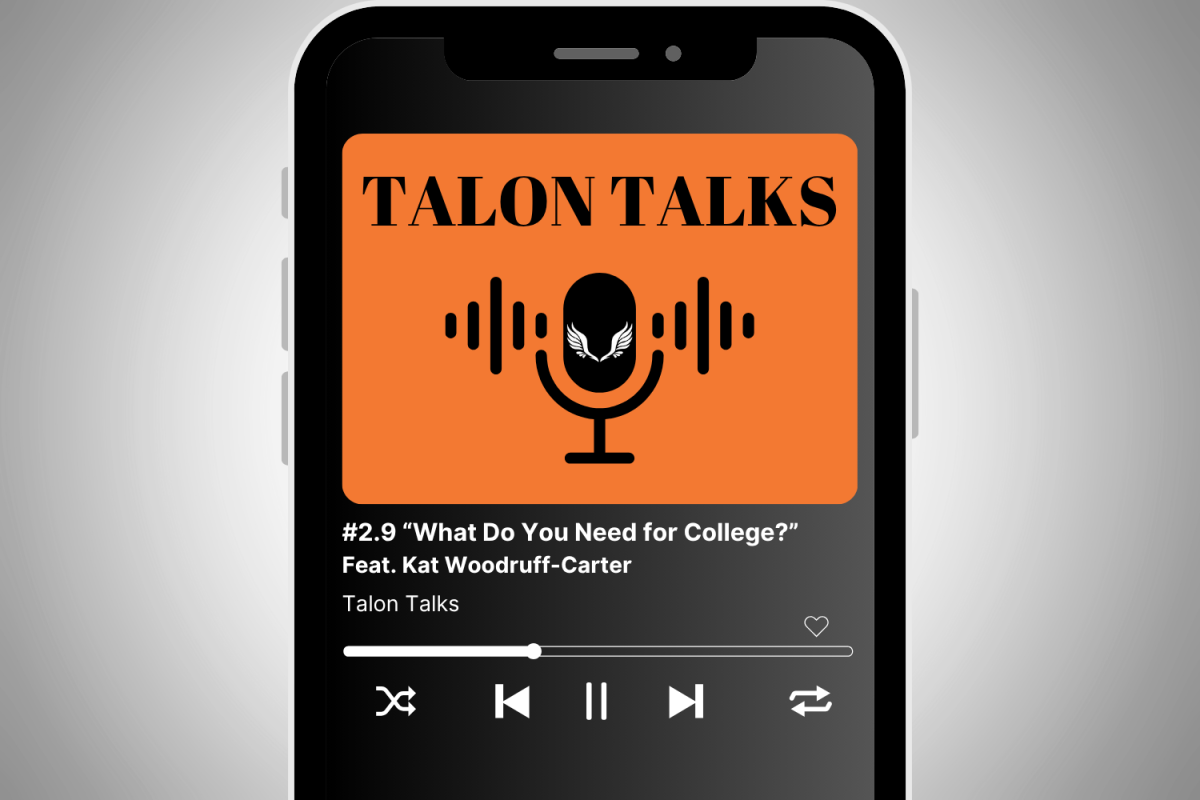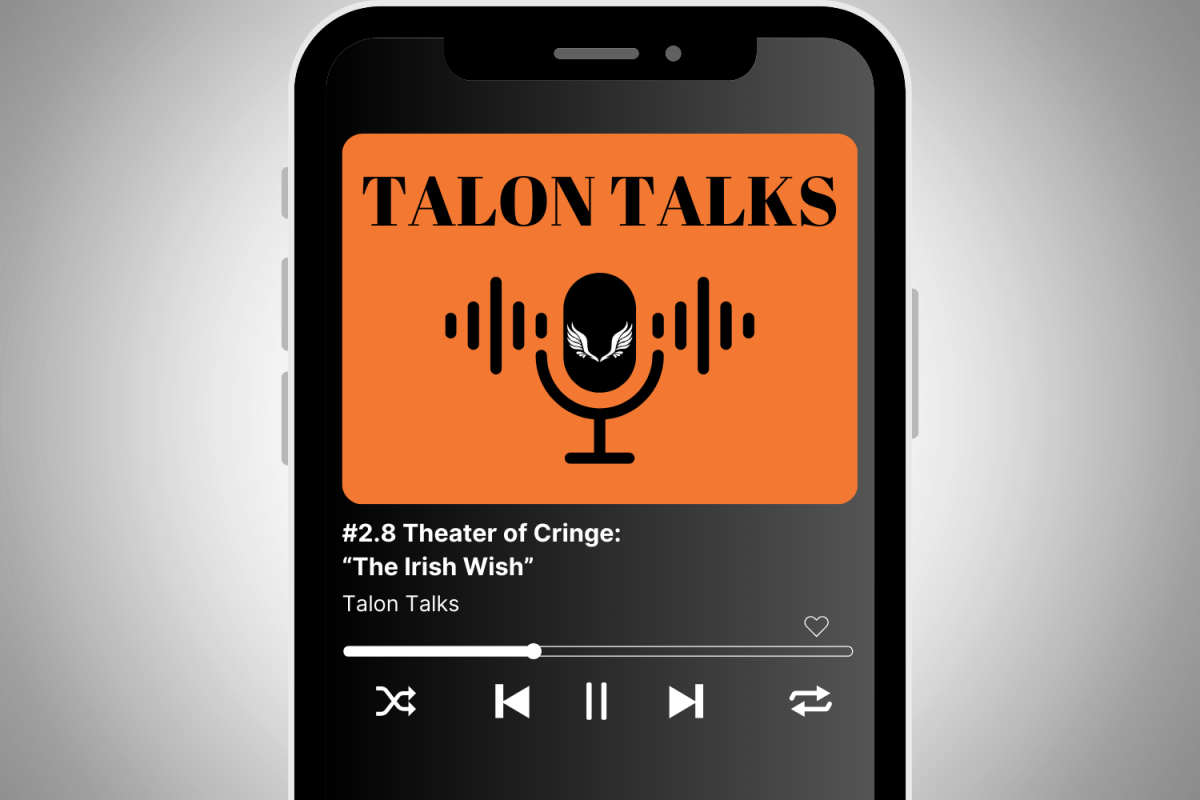Nowadays more and more people are getting their news over the internet. And as we begin to rely heavily on online news sources, we have to find ways to look through the flood of conflicting information. With thousands of news sources on the internet, it can be hard to determine which ones are reporting factual news, and which sources are trying to deceive.
According to the Merriam-Webster dictionary, bias means “to give a settled and often prejudiced outlook.” An increasing problem on the internet is biased information being presented as credible news. This “fake news” is dangerous and can spread misinformation. So how do we find a credible source? And how do we make sure that the news we receive online is accurate? My rule of thumb is to act as the opposite of a courtroom. All sources are guilty of bias until proven innocent. And here are a few tips that should help when trying to find unbiased sources.
Who’s the author?
Always look into the author of the information/article. Whether this is a single person or an institution, it is important to find out more about the author. Make sure the author has credentials in the topic that he/she is writing about. Looking into the author can lead to you catching discreditable information.
For example, if the website for a medical company gives information on how great and wonderful their new supplements are, most of us assume that the information we just received was biased and hopefully we would all go looking for other opinions. The same applies to all information, and even though the bias of a source may be less obvious, looking into the author and getting a second opinion may save you in the same way that a second source shows us that “miracle supplement” turned out to lead to dissolving toenails in its victims.
Where was this information compiled from?
It is also important to look at the author’s sources on any article or document that you find online. Where did they get this information? Is it a source that knows what they are talking about? Is this author just presenting opinions as fact? All of these are important questions that allow you to see whether or not your source can be trusted.
Never trust news on social media platforms
Anyone can put any opinion on a social media platform and present his/her opinion as fact. And with the algorithms on social media, the most far-reaching and nonsensical opinions often become the most promoted to engage or enrage viewers and keep them on the site for as long as possible. So if you see something on social media that either enrages you or something that confirms a feeling you already had, get off of social media and go look for other credible sources.
By following at least one of these tips every time we find new information, we can begin to look through that flood of conflicting information and find the truth. Even in online news.
Remember to always be skeptical and to never believe anything 100% without first checking your sources and looking for other sources.





























































